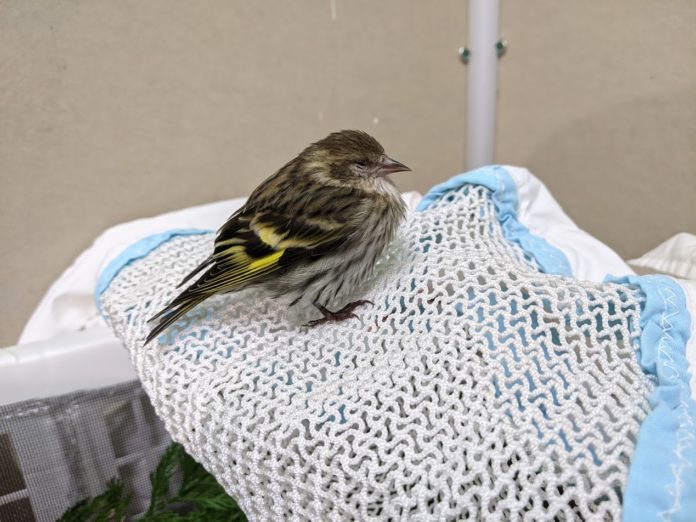As the avian influenza outbreak continues to spread, the BC SPCA is asking British Columbians to temporarily remove backyard bird feeders.
They are also asking that bird baths be emptied to prevent the spread of the disease.
Aavian influenza—also known as ‘bird flu’—is a virus that can affect many different species of birds. The virus is shed by infected birds through feces and respiratory secretions and is very resilient.
The organization said although waterfowl, such as ducks, geese and gulls, and raptors including eagles, hawks and owls are at the highest risk of avian influenza, or bird flu, it can infect all birds.
This includes farm animals like chickens and turkeys, but can also affect wild and pet birds.
The H5N1 strain is considered highly pathogenic, causing severe illness and death in birds.
“On rare occasions, this virus can also cause disease in humans who have been in close contact with infected birds, or heavily contaminated areas,” said Andrea Wallace, manager of wild animal welfare for the BC SPCA.
In addition to removing bird feeders and emptying bird baths, the BC SPCA is asking the public to monitor their outdoor surroundings for any signs of sick birds.
“Birds may appear lethargic, unusually “fluffed up”, have nasal discharge, or have excessively watery eyes or swelling of the head and eyelids.”
Bird feeders can encourage the virus to spread because they are gathering areas for the feathered animals.
“Fallen seed is also an especially dangerous source of disease — when birds feed from the ground, they are also exposed to droppings that accumulate below a feeder,” Wallace said.
The BC SPCA said it is not necessary to remove hummingbird feeders at this time but the nectar should be changed regularly and cleaner at the same time to prevent deadly fungal outbreaks.
On Wednesday, officials said they detected bird flu in two more small herds of poultry in Richmond and Kelowna. The infected facilities were placed under quarantine.
The public is asked to report sightings of sick or dead wild birds to the Canadian Wildlife Health Cooperative (CWHC) at 1-800-567-2033.



